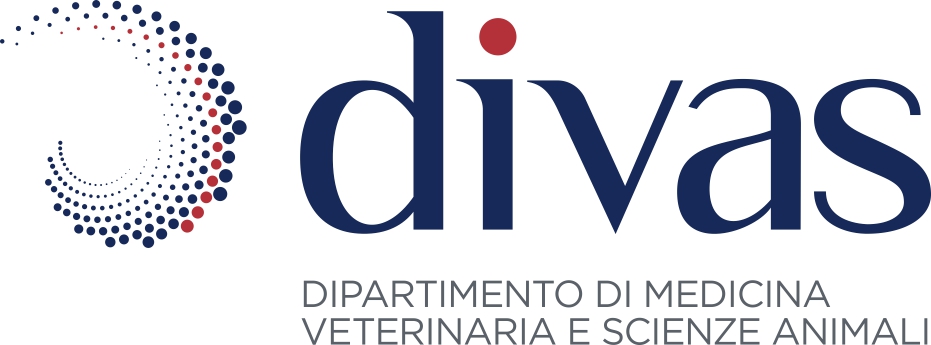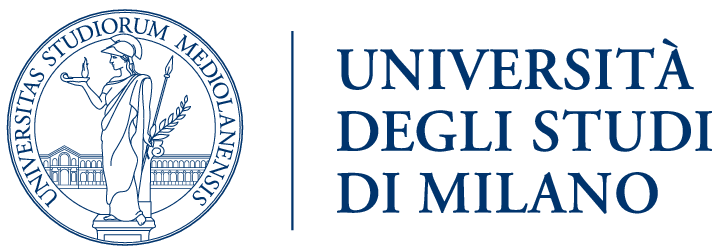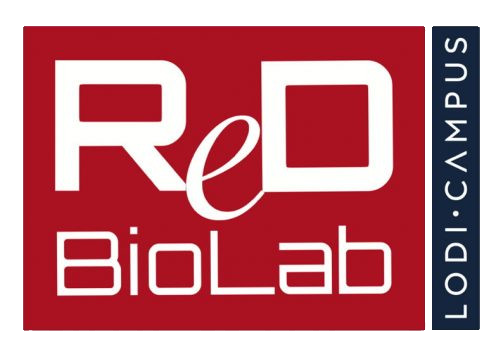HORIZON-MSCA-2023-DN-01-01 – Action: HORIZON-TMA-MSCA-DN – “Innovative approaches to implantation research in health and disease” (IMPLANTEU) n. 101169308 (2024-2028)
Scientific Coordinator: Alberto Maria LucianoResearch Team: Valentina Lodde, Federica Franciosi ****** Consortium Clinica EUGIN, Barcelona, Spain (Coordinator)Medical University of Graz, Austria (Partner)Katholieke Universiteit Leuven, Belgium (Partner)BiomimX Srl Italy (Partner)Universiteit Gent, Belgium (Partner)Leiden University Medical Center, Netherlands (Partner)Università degli Studi di Milano, Italy (Partner)Universitat Politecnica de Valencia, Spain (Partner)University College of Dublin, Ireland (Partner)Universitaets Klinikum Hamburg-Eppendorf, Germany (Partner)Institut Fuer Molekulare Biotechnologie GmbH, Austria (Associated)CEVA Sante Animale SA, France (Associated)SustainLABility, Germany (Associated)Politecnico di Milano, Italy (Associated)Dawn-Bio GmbH, Austria (Associated) Summary Implantation of the embryo in a receptive uterus is critical for mammalian reproduction yet remains poorly understood. This challenge is particularly significant in human health, as up to two-thirds of human pregnancies are lost due to implantation failure. In the agricultural sector, particularly in sustainable milk and meat production, understanding and improving embryo implantation is equally crucial. High peri-implantation mortality rates in livestock lead to lower efficiency, profitability, and environmental sustainability. Much remains unknown about the molecular pathways and regulatory mechanisms of embryo-endometrial interactions in humans and livestock species. For ethical and practical reasons, implantation cannot be adequately studied in vivo in humans, and it remains challenging in most animal models.IMPLANTEU is an international community of researchers whose objectives are:1) To develop a molecular blueprint of human implantation in health and disease;2) To improve implantation fitness for food production mammals and3) To develop an advanced toolkit for implantation research.IMPLANTEU provides multi-species, multi-sector, and multi-model molecular and system implantation research, integrating complementary expertise in reproductive and stem cell biology, medicine, physiology, ethics, and law, and cutting-edge technologies such as stem cell-based embryo models, organoids, machine learning, and organ-on-chip.IMPLANTEU will train 13 doctoral candidates through research, innovation, secondments in academic and industrial environments, horizontal and focused courses, and interactions with stakeholders. The findings generated through IMPLANTEU will contribute to the profound understanding of the embryonic and endometrial contribution to reproductive success, innovations in infertility treatment, animal production efficiency and sustainability, tissue bioengineering, pathogen-host interaction, reproductive toxicology, and stem cell biology.



